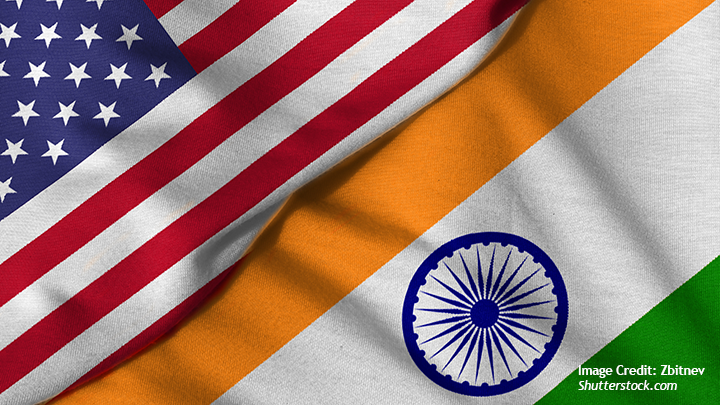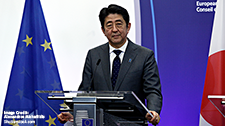After the India-US Civil Nuclear Agreement: Assessing India’s Responsible Nuclear Status in Global Governance

Aniruddha Saha
India has maintained a historical opposition to joining the Treaty on the Non-Proliferation of Nuclear Weapons (NPT) and the Comprehensive Test Ban Treaty (CTBT), in arguing that both treaties create an unfair hierarchical system in global governance. However, in spite of contesting these norms that govern nuclear practices, India has been successful in gaining de facto recognition from the United States through a bilateral signing of the 123 Agreement. While examining this paradox, this paper argues that even with the rendered de facto recognition, India’s nuclear identity remains far from being normalized. To carry this argument forward, this paper: i) identifies how India constructed its responsible and compliant global nuclear image, ii) recounts India’s problematic relationship with the global nuclear regime, in spite of undertaking compliant nuclear practices, and iii) makes the case that in order to normalize this ambivalence, India needs to adopt a more evolving stance of contesting historical nuclear norms in contemporary times. In doing so, this paper not only furthers the theoretical literature on norm contestation by incorporating the Indian nuclear case study as a valuable source of analysis, but also informs the policy community of the growing need to re-examine India’s historical nuclear stance.
Related Publications
-
Navigating the Indo-Pacific: How Australia and the EU Can Partner for Peace, Stability, and Prosperity
To navigate the choppy waters of the Indo-Pacific, the EU and Australia must be on the same wavelength regarding shared interests in rules, values, and an open and liberal economic […]
-
Report of the Webinar on China’s Himalayan Hustle – Part II: Will Eco-Dominance Be China’s New War Front?
This report is an outcome of the webinar titled “China’s Himalayan Hustle – Part II: Will Eco-Dominance Be China’s New War” held on June 18, 2024. Dr. Jagannath Panda moderated […]
-
Strong Europe-Japan Relations are a Legacy of Shinzo Abe
Abe was a firm proponent of strengthening a free, open and rules-based Indo-Pacific. Not only was he steering Japan away from total dependence on the U.S. for its security, but […]
-
Convergence in Vietnam, EU Interests a Harbinger of Indo-Pacific Order?
In March and April, Vietnamese Foreign Minister Bui Thanh Son’s nearly back-to-back visits to the U.S. and China highlighted Vietnam’s increasing penchant for delicate diplomacy with major powers amid the […]
-
Trade, Connectivity and Supply Chains in EU-India Relations
In the decade and a half since 2007 when the EU and India first started their FTA negotiations, the world economic order has undergone a sea change. During that period, […]




